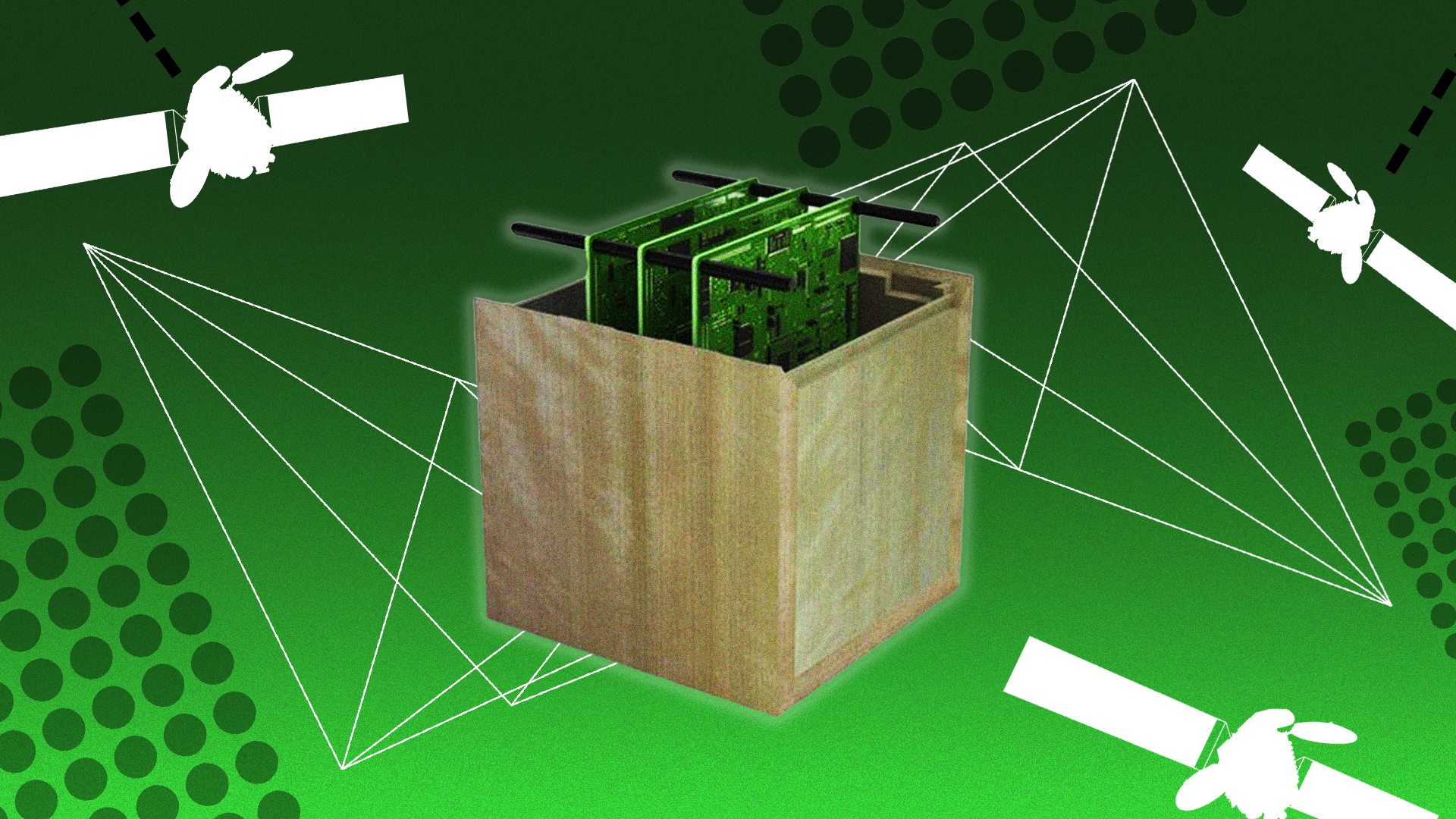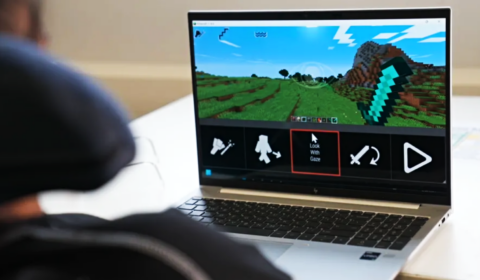How do these wooden satellites work?
Technically they don’t work, at least at present. We’ve yet to see any wooden satellite actually operating or functioning – it’s all in the early research stages.
For now, Sumitomo Forestry is exploring tree growth and the behaviours of wooden materials in space to see what will be most suitable. No doubt the final thing will probably look sleek and modern, though it may have an entirely different interior to the traditional, metal based satellites we currently use.
Professor Doi, a professor at Kyoto University and Japanese astronaut, told the BBC that ‘the next stage will be developing the engineering model of the satellite, then we will manufacture the flight model’.
Meanwhile, Sumitomo Forestry says its current work on wooden material development is a ‘secret’. Is this a spy film? Seems we’ll have to wait a while to get the full picture.
How is space junk causing problems for Earth?
Space debris is becoming a very serious issue, particularly if we ever want to take off and fully commit to space travel. Elon Musk, I’m looking at you.
There are close to 6,000 satellites orbiting Earth right now, according to the World Economic Forum (WEF), and alarmingly over 60% of them are non-operational. That means that the majority of our space tech is outdated and defunct, spinning about the planet with no function except to clog up our atmosphere and emit harmful materials.
This is a phenomena that is only accelerating as we move into this decade. Research firm Euroconsult estimates that roughly 990 satellites will be launched every year throughout the 2020s, which would double our total orbiting satellites by 2030. That’s a lot of junk, people.
It also means that space junk collisions will become more common and present new hazardous challenges.
In 2006, for example, a small piece of space junk hit the International Space Station, which damaged a heavily reinforced window. Events like this will become far more frequent if things continue at their current rate, making rocket launches and space research more dangerous and unpredictable.
Japan’s new research could help in cutting these numbers back and ultimately make space innovation a more sustainable venture.
How is the space junk problem being combatted?
There are a number of things being developed and used right now to try and control the space junk issue.
For one, space-traffic management is an actual field of research, whereby scientists try to understand where all the debris floating about our atmosphere is. In theory, by keeping track of every piece of junk, satellite operators could manually move out of the way to avoid collisions.
It sounds great on paper but it’s a hard task in reality. A vast amount of space junk isn’t properly tracked or is decades old, meaning not everything is properly logged. Pinpointing every item’s location is extremely difficult.
Another proposal is to introduce ‘orbital-use fees’ for every satellite that’s flung into the skies. Having a price tag of over $200,000 USD per satellite would help cover costs for potential collisions and reduce the amount of items being sent into orbit. It would help quadruple the value of the satellite industry by 2040 too.
These ideas have merit, but they’re more coping mechanisms than actual solutions. Japan’s new research could be a game changer that clears up many issues surrounding space junk. We’ll have to wait until 2023 to see, but it’s likely the start of a space tech revolution.
Exciting stuff.




















